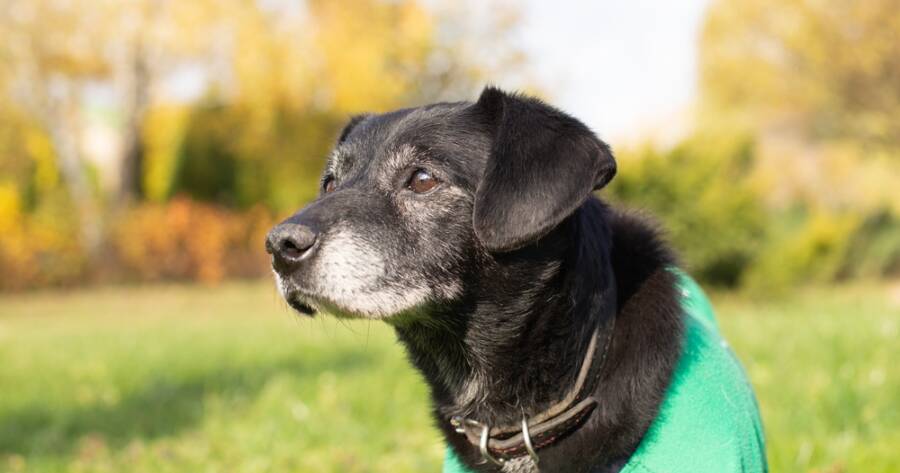As dogs age, subtle changes in behavior, energy levels, and physical health can signal the start of their senior years. Recognizing these signs early allows you to adjust their care and keep them happy, healthy, and comfortable throughout this transition. From graying muzzles to slowed movements, understanding the aging process helps you better support your loyal companion as they navigate their golden years with grace, love, and the attention they deserve.
Slowing Energy Levels and Increased Napping
One of the first signs your dog is entering their senior years is a noticeable drop in energy. They may not have the same enthusiasm for long walks or intense play sessions and may prefer shorter, more relaxed activities. You might also notice them taking more naps throughout the day.
Supporting them during this phase means adjusting exercise routines to gentler, shorter sessions while still keeping them engaged. Low-impact activities like leisurely walks or gentle fetch games can keep their joints moving and their spirits high without overexertion.
Changes in Appetite and Weight
As dogs age, their metabolism slows down, and their dietary needs shift. You may notice your dog eating less or, conversely, gaining weight despite eating the same amount. Their sense of taste or smell might also decline, making food less appealing.
Supporting your senior dog includes reassessing their diet. Choose high-quality senior dog food with appropriate calorie levels and added nutrients for joint and cognitive health. Regular weight checks and consulting your vet about portion adjustments can help maintain a healthy balance.
Stiffness, Joint Pain, or Mobility Issues
Joint stiffness, arthritis, and general mobility decline are common in older dogs. You might see your dog hesitating to climb stairs, jump onto furniture, or take longer to rise from resting positions. These are clear signs they need extra care for their joints.
To support them, consider adding orthopedic beds, ramps, or pet stairs around the house. Supplements (with the guidance of your vet) along with regular vet check-ups, can also help ease discomfort and keep your dog moving comfortably.
Changes in Vision and Hearing
Diminished eyesight and hearing loss are natural parts of aging in dogs. You may notice cloudy eyes, hesitation in dimly lit areas, or your dog not responding to verbal cues as reliably as before. These changes can be unsettling but manageable.
Supporting your senior dog involves maintaining a consistent home layout, using hand signals for communication, and avoiding sudden loud noises. Regular vet visits can catch vision issues early, ensuring your dog stays safe and confident in their environment.
Behavioral and Cognitive Shifts
Cognitive decline, also known as canine cognitive dysfunction, can lead to confusion, anxiety, or changes in behavior. Your dog might seem disoriented, pace aimlessly, or forget familiar routines. They may also develop sleep disturbances or increased clinginess.
To support them, create a predictable routine and provide mental stimulation through puzzle toys or gentle training exercises. Patience and understanding go a long way, and your vet can recommend medications or supplements if cognitive issues become pronounced.
Increased Veterinary Needs
Senior dogs require more frequent veterinary care to monitor age-related conditions such as kidney disease, heart issues, or dental problems. Preventive care becomes even more crucial to catch any health concerns early and manage them effectively.
Support your aging dog by scheduling wellness exams at least twice a year. Open communication with your vet ensures you’re making the best choices regarding diet, medications, and lifestyle adjustments, keeping your dog comfortable and healthy as they age.
Cherishing Every Moment Together
Your dog’s senior years are a time to slow down, savor, and shower them with love and care. Recognizing the signs of aging allows you to adapt their environment, routines, and healthcare to ensure they continue feeling safe and valued. With a little extra attention and tenderness, you’ll help your loyal companion navigate this chapter comfortably—deepening the special bond you share and making every day count.

